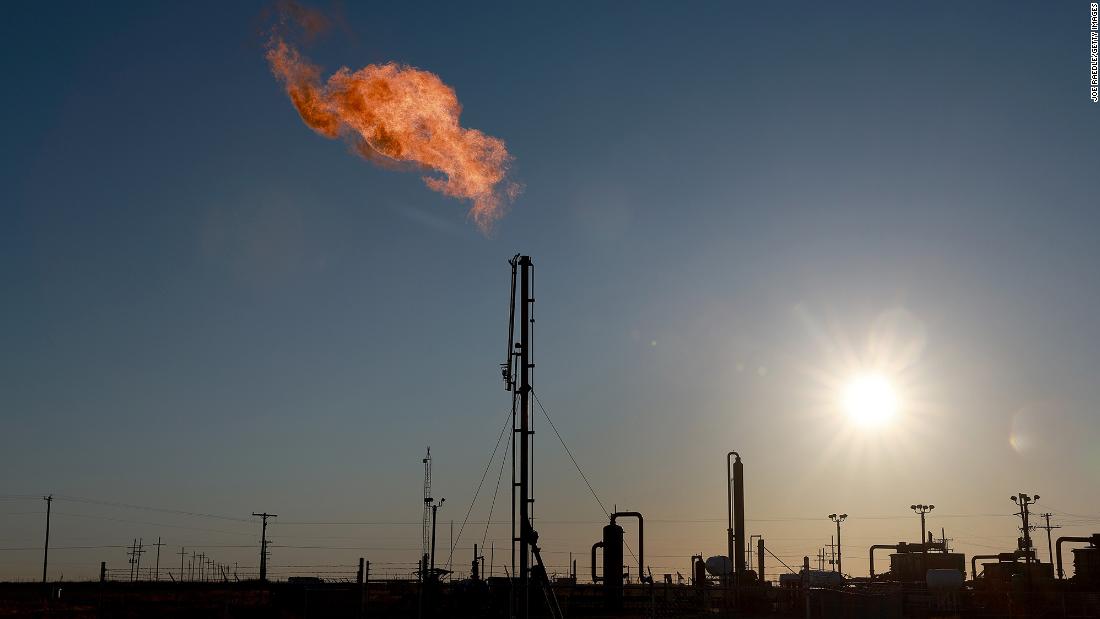I watched a 'Fully Charged Show' video today that pointed out an interesting contradiction in "cost sharing" that is happening in Great Britain. Admittedly they have far more options for how you pay for power, but my local utility has a similar 'community solar' program that gave me pause for thought.
So apparently, for years, if you wanted to be 'Green' you could pay extra to have your power sourced from the renewable market rather than the general fossil fuel power market. The power is all combined on the same grid, but at the time, the renewables cost more per kwh and I imagine this was a way of keeping their introduction on to the grid politically palatable to people who didn't want to pay for them.
However, now in Europe the script has flipped. Natural gas prices have gone through the roof. Much of Great Britain's electricity on the fossil fuel side comes from natural gas, so electricity prices are way up. However, the video noted that the people who paid for years to use electricity from renewable sources were seeing the same increases as everyone else. Why should this be the case? The cost of wind power didn't suddenly spike.
So if renewables are more expensive the people who want them should pay more. And if renewables are cheaper, "We're all in this together."
(I would apologize for the excessive use of quotation marks in this post, but they are a renewable resource

)






